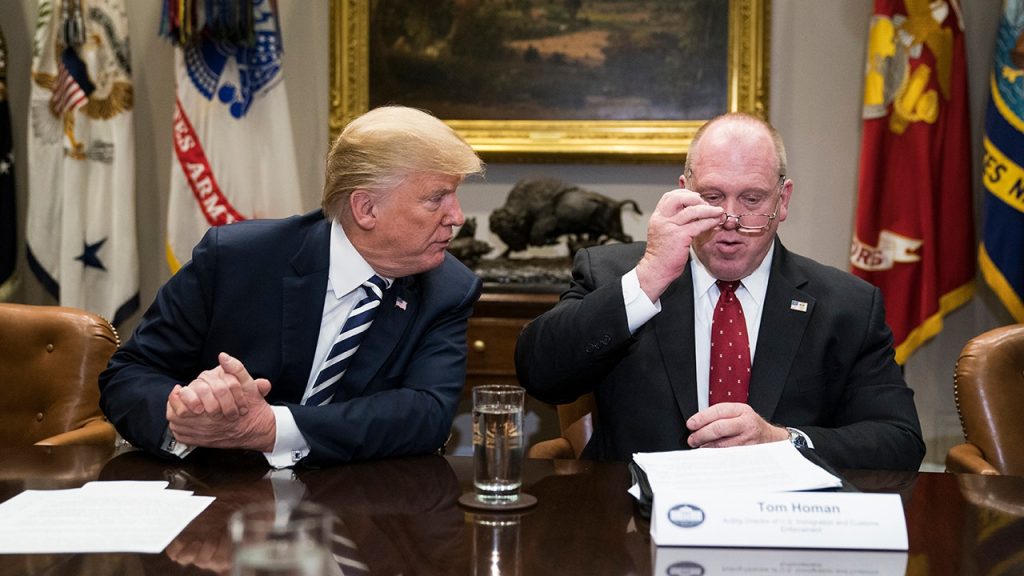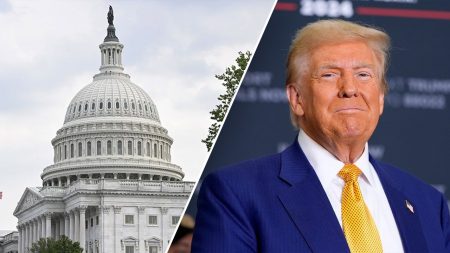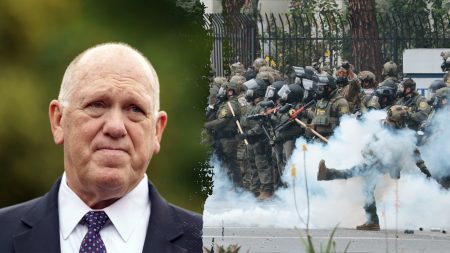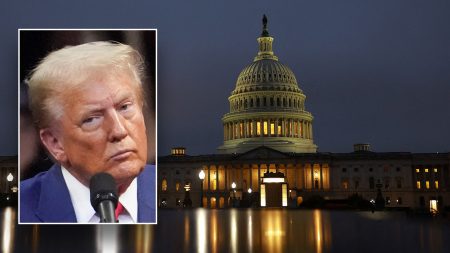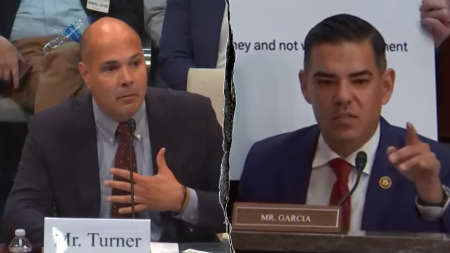Arizona Attorney General Kris Mayes, a Democrat, has taken a firm stance against potential immigration policies of former President Donald Trump, particularly regarding the treatment of Dreamers and the possibility of constructing deportation centers in Arizona. In an interview with The Guardian, Mayes expressed her unwavering commitment to protecting Dreamers, beneficiaries of the Deferred Action for Childhood Arrivals (DACA) program, from deportation. She vowed to utilize all legal means at her disposal to oppose any attempts to undermine their status or forcibly remove them from the United States. This stance reflects Mayes’ strong belief that Dreamers deserve the opportunity to remain in the country they call home and contribute to their communities. She also condemned the prospect of building deportation centers, which she has previously labeled “concentration camps,” within Arizona.
Mayes’ defense of Dreamers is rooted in the belief that they embody the American dream and deserve the chance to pursue their aspirations. The DACA program, instituted by former President Obama, provides temporary protection from deportation and work permits to eligible undocumented immigrants who arrived in the United States as children. Mayes recognizes the contributions Dreamers make to the economy and society, and views their deportation as a detrimental loss to the nation. The DREAM Act, which has been repeatedly introduced in Congress but never passed, aims to provide a pathway to citizenship for Dreamers. Mayes likely supports the passage of the DREAM Act as a permanent solution for these individuals.
Beyond the issue of Dreamers, Mayes has also expressed concerns about the potential for abuses within the immigration system under a Trump administration. She criticized the mass deportation proposals put forth by Trump and his appointees, arguing that such policies can lead to violations of due process and individual rights. Mayes has emphasized her commitment to upholding these fundamental principles and ensuring that all individuals, regardless of immigration status, are treated with fairness and dignity. She has stated her preference for focusing on removing violent criminals and drug cartel members, rather than implementing widespread deportations.
Mayes’ position on immigration enforcement contrasts sharply with that of many Republicans, including former President Trump. While Trump has advocated for stricter immigration policies, including building a wall along the U.S.-Mexico border and increasing deportations, Mayes has emphasized the importance of protecting vulnerable populations and upholding due process. This divergence in views highlights the ongoing debate over immigration policy in the United States and the stark differences between the approaches favored by Democrats and Republicans.
Despite her disagreements with Trump on immigration, Mayes has acknowledged the need for improved border security and addressing the fentanyl crisis. She has suggested that federal resources should be directed towards increasing the number of Border Patrol agents and prosecuting individuals connected to drug cartels. However, she opposes the use of the National Guard for deportation purposes, as advocated by Trump, viewing it as an inappropriate use of military resources. Mayes has expressed her belief that Arizonans did not vote for Trump to “shred” the Constitution, implying that his immigration policies may infringe upon fundamental rights.
Mayes has highlighted the strong cooperation among border state attorneys general, specifically mentioning her alignment with the attorneys general of New Mexico and California. She has stated that they are united in their commitment to fighting for due process and individual rights in the context of immigration enforcement. This collaboration suggests a coordinated effort among these states to challenge potentially harmful immigration policies at the federal level. Mayes’ remarks indicate that Texas Attorney General Ken Paxton is the outlier among border state law enforcement officials on this issue. This difference in approach likely reflects the political divide between the Democratic attorneys general of Arizona, New Mexico, and California, and the Republican attorney general of Texas.




